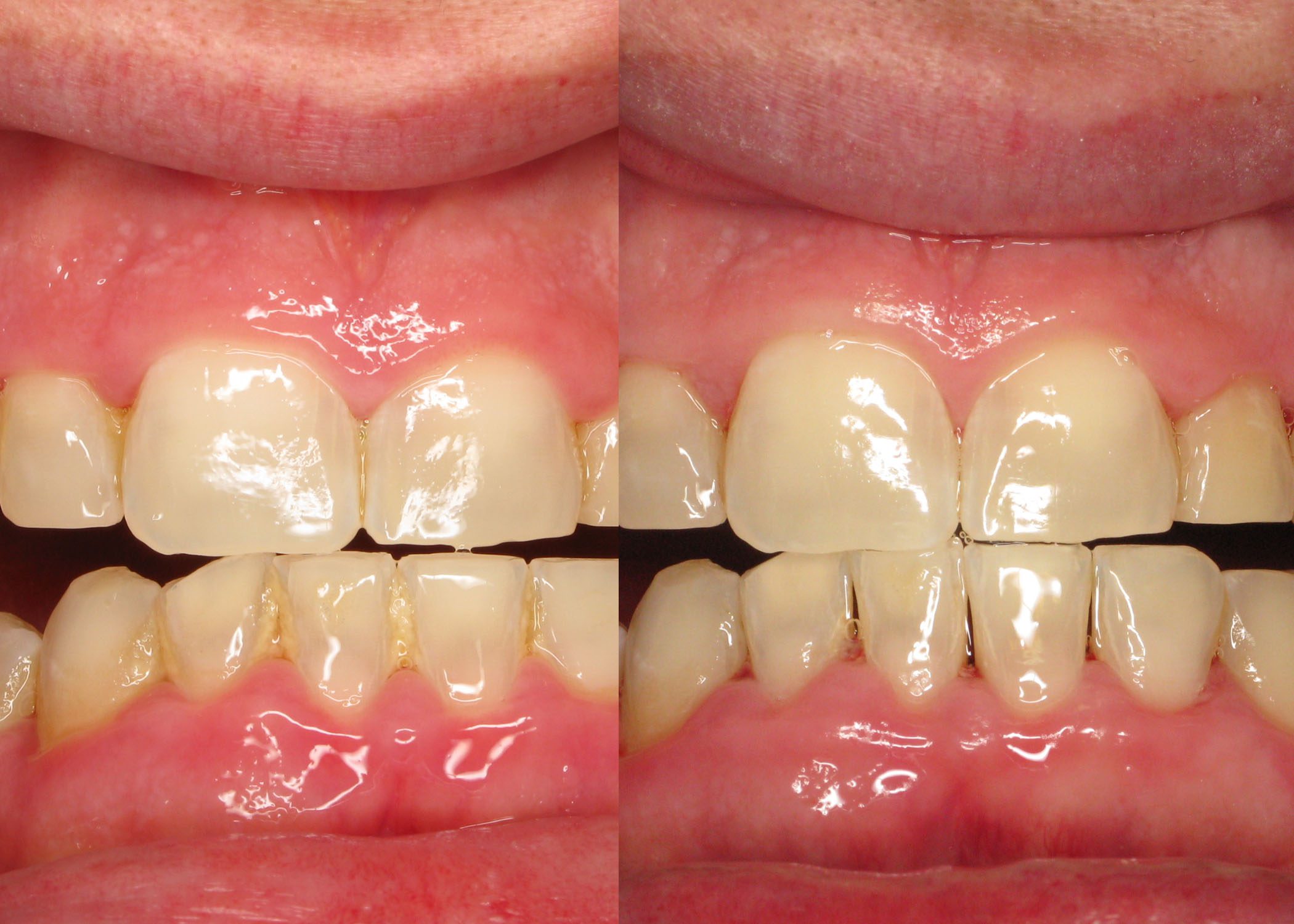Periodontists: Experts in Gum Health and Dental Implants
A periodontist is a dental qualified with specialized training in avoiding, diagnosing, and treating your gum disease (also called periodontal disease). They also focus on the insertion of dental implants. Gum disease influences the gums and the bones that support your teeth, causing inflammation and tooth loss if untreated. Unlike general dentists, periodontists go through three further years of advanced education, giving them deeper proficiency in these areas.
While general dentists can manage the early stages of gum problems, they often refer complicated cases to periodontists. Likewise, when a patient requires complex dental implants, many general dentists trust a periodontist to handle the procedure. This specialist not only manages difficult cases but also performs advanced treatments like scaling and root planing, root surface cleaning, treating oral inflammation, and performing cosmetic gum procedures.
What Happens During Your First Visit to a Periodontist?
At your first visit, the periodontist will evaluate your medical and dental history to see if any health problem such as pregnancy, heart disease, or diabetes—might impact your treatment. Make sure to talk about all medicines or medical conditions during this session.
The periodontist will cautiously examine your gums for signs of disease, such as loose tooth or gum recession. They will also review how your upper and lower teeth meet when you bite. To understand the level of gum issues, your periodontist will use a small instrument (called a probe) to measure the deepness of the periodontal pockets (spaces between your gums and teeth). If required, X-rays may be taken to check the health of the bone under your gums.
Why Would You Be Referred to a Periodontist?
Your dentist may suggest appointing a periodontist if they believe your condition needs specialized care. Gum health is strongly associated with your overall health, and untreated periodontal disease has been associated with other chronic conditions like diabetes, stroke, and heart sickness.
Read also:
Oil pulling with castor oil, 5 health benefits
When Gum Treatment Calls for a Specialist
Periodontal illness is very common. Over half of grown persons above the age of 30 have some variety of periodontalillnes. While general dentists handle mild cases, more progressed treatment is often necessary for severe gum disease. If your dentist refers you to a periodontist, it’s due to the situation that needs the skills of a professional in gum care.
Signs You Might Need a Periodontist for Gum Treatment:
- Loose teeth or visible shifts in your bite
- Swollen, bleeding, or receding gums
- Sensitivity or pain around the gums
- A history of diabetes, heart disease, or respiratory issues
- You are a smoker, which elevates the risk of severe gum disease
Periodontists are needed to handle moderate to severe gum situations and can present treatment plans altered to complex health situations.
Read also:
What are the strongest natural antibiotics for tooth infection?
What Makes a Periodontist the Right Choice for Dental Implants?
Periodontists are also selected for dental implant surgery. While general dentists can place plants in uncomplicated cases, a periodontist’s advanced instruction makes them the go-to experts for complex procedures. Their deep perception of both bone (rigid tissue) and gum tissue (soft tissue) provides them with the expertise required for implant hit.
When You Might Require a Periodontist for Implants
There are numerous reasons your general dentist might refer you to a periodontist for dental implants:
- Bone loss: If your jawbone is not strong enough to grip the implant, a periodontist can use grafting techniques to recreate the bone.
- Several implants: Handling multiple implants at once needs accurate planning and advanced practices.
- Implants near the sinus: If the implant is required in the upper back jaw, a periodontist may execute sinus augmentation to create enough space and bone for the implant.
The further three years of surgical training that periodontists obtain ensures they are well-prepared for these complex conditions.
Read also:
What is periodontist chart why it is important?
Should I Be Worried About Being Referred to a Periodontist?
Not at all! Being passed on to a periodontist means your dentist wants the finest care for you. With their specific training—further than, dental school—periodontists have wide-ranging experience in treating gum disease and introducing dental implants. Many periodontists have carried out hundreds or even thousands of like procedures, giving them the expertise required to make sure a successful result.
You can feel at peace knowing that your dental care is in the hands of someone, who has years of education and practice. Your periodontist will work closely with your general dentist to offer the treatment you require, whether it’s placing dental implants or managing gum disease.
Conclusion
Periodontists play a crucial role, in managing advanced gum illness by performing intricate dental implant surgeries. With their further years of training and proficiency in soft and hard tissue care, periodontists are uniquely qualified to offer specialized dental treatments. Whether you are suffering from gum disease or need dental implants, appointing a periodontist makes sure you get the highest level of care.
FAQs
What is the major difference between a general dentist and periodontist?
A periodontist dedicated to treating progressed gum disease and placing dental plants. General dentists focus largely on dental care but refer intricate cases to periodontists.
What treatments do periodontists provide beyond gum care?
Additionally to managing gum disease, periodontists provide services like root planning, scaling, cosmetic procedures, and oral inflammation treatment, to recover the look of gums.
How do I know if I am required to see a periodontist?
You may need to visit a periodontist if you have receding or swollen gums, pain in your gums, loose teeth, or a family history of chronic diseases like heart disease or diabetes.
Are dental implants located by general dentists or periodontists?
While some general dentists put implants, periodontists are believed to be experts in implant surgery, particularly in difficult cases.
How long does it take to recover from dental implant surgical treatment?
Recovery time can fluctuate depending on the complexity of the method, but most individuals start to feel better within a few days. Complete curing of the implant site may take numerous months.








